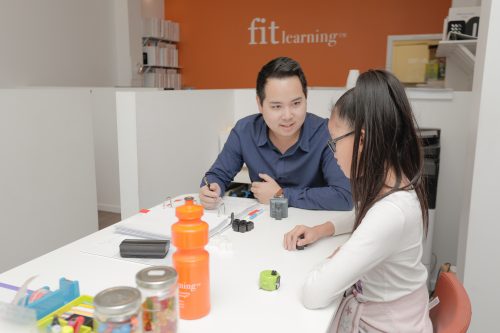Why Tutoring Does Repetition Wrong
One of the most common misconceptions of fluency-building is that repeated practise is simply ‘rote learning’. People also believe that if a child is struggling with a concept, tutoring and practise of the concept they are struggling with will be enough to remediate the issues.
However, repeated practise of key component skills that build accuracy and speed, allows a child to perform such skills easily and effortlessly. This is essential when basic skills are required to perform more complex tasks. In fact, a study measuring the effects of academic intervention found that interventions which incorporated repeated practise had the largest effect sizes.
An additional misconception is the notion that repeated practise diminishes a child’s creativity. However, performing component skills easily without having to think about them enables the student to solve more complex tasks, and frees them up to focus on more creative and critical thinking!
Traditional tutoring consistently takes a ‘practise what you are struggling with approach.’ For example, if a child was struggling with long division, tutors may practise hours of long division. Although, if a child is struggling with long division, it is likely they are struggling with the key foundational skills to be able to perform long division: being able to add, multiply, and subtract.
At Fit Learning, our Comprehensive Skills Assessment, identifies the foundational skills that are essential for academic success. Through assessing a child, we can discover which of the foundational skills a child is lacking, and which skills we will need to work on to help them to succeed.
Through repeated practise of such skills, students increase their accuracy and speed in core skills, as well as their competence and confidence in these core areas, allowing the student to learn new, more challenging skills with ease and greater aptitude.


